
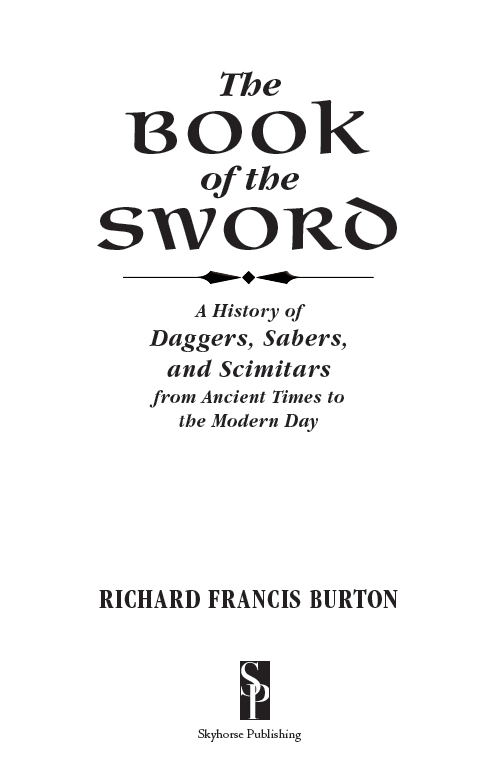
Copyright 2014 by Skyhorse Publishing
All Rights Reserved. No part of this book may be reproduced in any manner without the express written consent of the publisher, except in the case of brief excerpts in critical reviews or articles. All inquiries should be addressed to Skyhorse Publishing, 307 West 36th Street, 11 th Floor, New York, NY 10018.
Skyhorse Publishing books may be purchased in bulk at special discounts for sales promotion, corporate gifts, fund-raising, or educational purposes. Special editions can also be created to specifications. For details, contact the Special Sales Department, Skyhorse Publishing, 307 West 36th Street, 11 th Floor, New York, NY 10018 or info@skyhorsepublishing.com.
Skyhorse and Skyhorse Publishing are registered trademarks of Skyhorse Publishing, Inc., a Delaware corporation.
Visit our website at www.skyhorsepublishing.com
10 9 8 7 6 5 4 3 2 1
eISBN: 978-1-62873-847-6
Library of Congress Cataloging-in-Publication Data is available on file.
ISBN: 978-1-62636-401-1
Printed in the United States of America
TO
THE MEMORY
OF
MY OLD AND DEAR COLLEGE FRIEND
ALFRED BATE RICHARDS
WHO
IN YEARS GONE BY
ACCEPTED THE DEDICATION OF THESE PAGES
He that hath no Sword (-knife =  ), let him sell his garment and buy one.
), let him sell his garment and buy one.
St. Luke xxii. 36.
Solo la spada vuol magnificarsi .
(Nothing is high and awful save the Sword.)
Lod. della Vernaccia , A . D . 1200.
But, above all, it is most conducive to the greatness of empire for a nation to profess the skill of arms as its principal glory and most honourable employ.
B ACON S Advancement of Learning , viii. 3.
The voice of every people is the Sword
That guards them, or the Sword that beats them down.
T ENNYSON S Harold .
CONTENTS.
LIST OF ILLUSTRATIONS.
FOREWORD.
I WANTED a book on the Sword, not a treatise on Carte and Tierce, said the Publisher, when, some years ago, my earliest manuscript was sent to him.
It struck me then and there that the Publisher was right. Consequently the volume was re-written after a more general and less professional fashion.
I have only one wish that reader and reviewer can grant: namely, a fair field and no favour for certain advanced views of Egyptology. It is my conviction that this study, still in its infancy, will greatly modify almost all our preconceived views of archaeological history.
RICHARD F . BURTON .
T RIESTE : November 20, 1883.
INTRODUCTION.
T HE HISTORY OF THE S WORD is the history of humanity. The White Arm means something more than the oldest, the most universal, the most varied of weapons, the only one which has lived through all time.
He, she, or itfor the gender of the Sword varieshas been worshipped with priestly sacrifices as a present god. Hebrew revelation represents the sharp and two-edged Sword going out of the mouth of the King of Kings, and Lord of Lords. We read of a Sword of God, a holy Sword, the Sword of the Lord and of Gideon; and I came not to send peace but a Sword, meaning the warfare and martyrdom of man.
On a lower plane the Sword became the invention and the favourite arm of the gods and the demi-gods: a gift of magic, one of the treasures sent down from Heaven, which made Mulciber (Malik Kabr, the great king) divine, and Voelunder, Quida, Galant, or Wayland Smith a hero. It was consccrated to the deities, and was stored in the Temple and in the Church. It was the key of heaven and hell: the saying is, If there were no Sword, there would be no law of Mohammed; and the Moslem braves highest title was Sayf UllahSword of Allah.
Uniformly and persistently personal, the Sword became no longer an abstraction but a Personage, endowed with human as well as superhuman qualities. He was a sentient being who spoke, and sang, and joyed, and grieved. Identified with his wearer he was an object of affection, and was pompously named as a well-beloved son and heir. To surrender the Sword was submission; to break the Sword was degradation. To kiss the Sword was, and in places still is, the highest form of oath and homage.
Lay on our royal Sword your banished hands says
King Richard II. So Walther of Aquitaine:
Contra Orientalem prostratus corpore partem
Ac nudum retinens ensem hac cum voce precatur.
The Sword killed and cured; the hero when hopeless fell upon his Sword; and the heroine, like Lucretia and Calphurnia, used the blade standing. The Sword cut the Gordian knot of every difficulty. The Sword was the symbol of justice and of martyrdom, and accompanied the wearer to the tomb as well as to the feast and the fight. Lay on my coffin a Sword, said dying Heinrich Heine, for I have warred doughtily to win freedom for mankind.
From days immemorial the Queen of Weapons, a creator as well as a destroyer, carved out history, formed the nations, and shaped the world. She decided the Alexandrine and the Caesarian victories which opened new prospects to human ken. She diffused everywhere the bright lights and splendid benefits of war and conquest, whose functions are all important in the formative and progressive processes. It is no paradox to assert La guerre a enfante le droit : without War there would be no Right. The cost of life, says Emerson, the dreary havoc of comfort and time, are overpaid by the vistas it opens of Eternal Law reconstructing and uplifting society; it breaks up the old horizon, and we see through the rifts a wider view.
War, again, benefits society by raising its tone above the ineffable littleness and meanness which characterise the every-day life of the many. In the presence of the Great Destroyer, petty feuds and miserable envy, hatred, and malice stand hushed and awe-struck. Very hollow in these days sounds Voltaires banter on War when he says that a king picks up a parcel of men who have nothing to do, dresses them in blue cloth at two shillings a yard, binds their hats with coarse white worsted, turns them to the right and left, and marches them away to glory.
The Sword and only the Sword raised the worthier race to power upon the ruins of impotent savagery; and she carried in her train, from time immemorial, throughout the civilised world, Asiatic Africa, Asia, and Europe, the arts and the sciences which humanise mankind. In fact, whatever apparent evil the Sword may have done, she worked for the highest ultimate good. With the Arabs the Sword was a type of individuality. Thus Shanfara, the fleet-foot, sings in his Lamiyyah , (L-poem):
Three friends: the Heart no fear shall know,
The sharp white Sword, the yellow Bow.
Zayd bin Ali boasts, like El-Mutanabbi:
The wielded Sword-blade knows my hand,
The Spear obeys my lusty arm.
And Ziyd El-Ajam thus writes the epitaph of El-Mughayrah: So died he, after having sought death between the spear-point and the Sword-edge.
This Pundonor presently extended westward. During the knightly ages the good Sword of the Paladin and the Chevalier embodied a new faiththe Religion of Honour, the first step towards the religion of humanity. These men once more taught the sublime truth, the splendid doctrine known to the Stoics and the Pharisees, but unaccountably neglected in later creeds:
Do good, for Good is good to do.
Their recklessness of all consequences soared worlds-high above the various egotistic systems which bribe man to do good for a personal and private consideration, to win the world, or to save his soul. Hence Aristotle blamed his contemporaries, the Spartans: They are indeed good men, but they have not the supreme consummate excellence of loving all things worthy, decent and laudable, purely as such and for their own sakes; nor of practising virtue for no other motive but the sole love of her own innate beauty. The everlasting Law of Honour binding on all and peculiar to each, would have thoroughly satisfied the Stagirites highest aspirations.
Next page
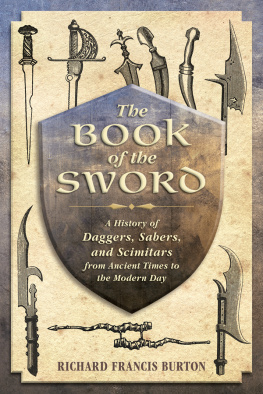




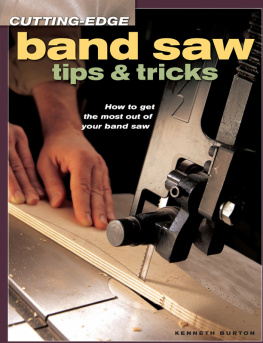




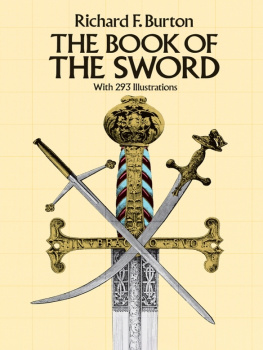
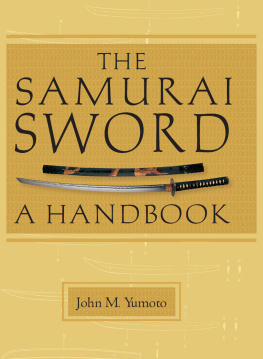
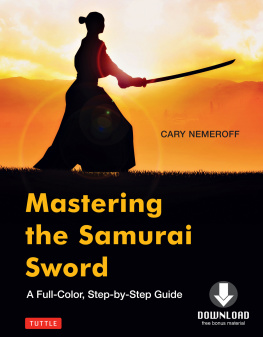

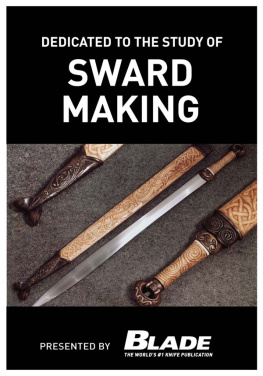



 ), let him sell his garment and buy one.
), let him sell his garment and buy one.